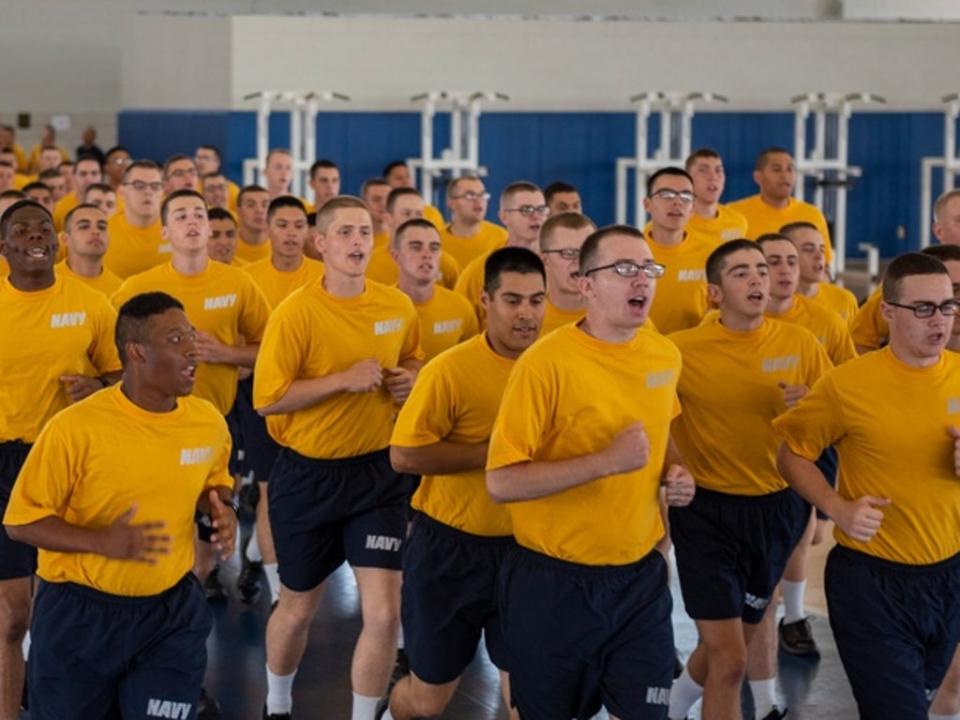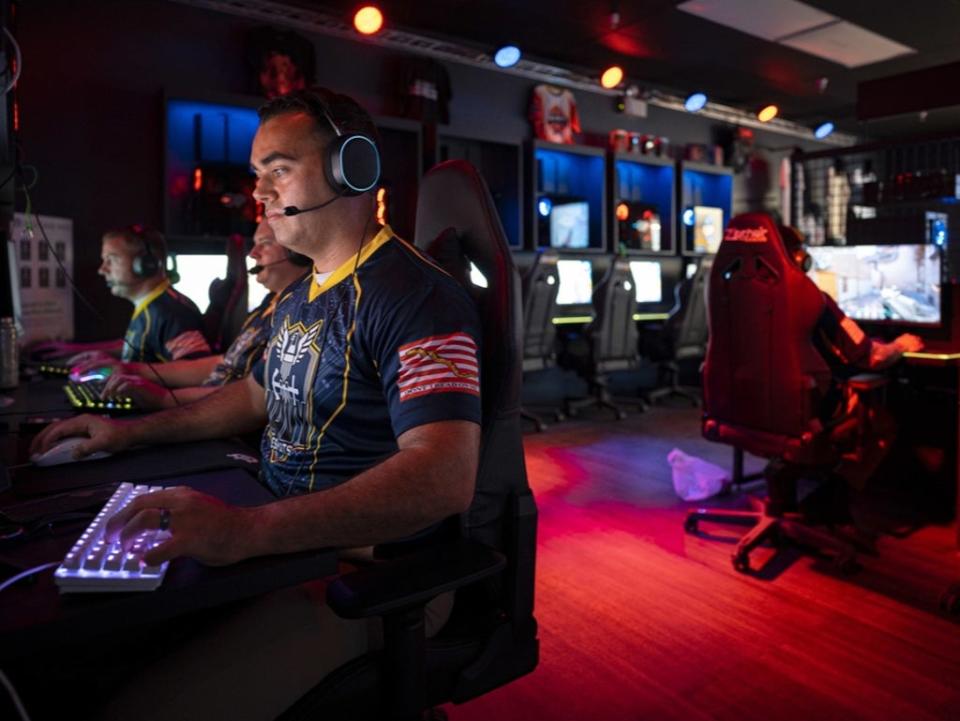Pentagon worries its weak ‘Nintendo generation’ breaks too easily to withstand war
The US military has entered console wars.
As the threat of Russian aggression in Ukraine ramps up, the Pentagon is worrying its incoming batch of soldiers from the "Nintendo Generation" are too soft to withstand the rigours of real-world combat.
“The ‘Nintendo Generation’ soldier skeleton is not toughened by activity prior to arrival, so some of them break more easily,” said Army Major Jon-Marc Thibodeau in a press release from the Military Health System.
Gen Z, or 18-to-25-year-olds, are especially at risk for being too soft-skinned to even graduate from basic recruit training without injury due to their "more sedentary lifestyle compared to previous generations", the release said.
"We see injuries ranging from acute fractures and falls, to tears in the ACL, to muscle strains and stress fractures, with the overwhelming majority of injuries related to overuse," said Fort Leonard Wood’s physiotherapist, Army Captain Lydia Blondin.

The "kids-these-days" tropes were predictably mocked online, with Marine veteran James Clark writing in Task & Purpose that there should be more concern about the 71 per cent of youth not eligible to serve in the American military due to drug use, being overweight, and dropping out of school.
"While it’s hilarious that there’s an official military statement that accuses an entire generation of having weak bones because they enjoy playing ‘Pokemon Go,’ or whatever kids do these days, this is nothing new," Mr Clark wrote.
"In fact, it’s a time-honoured tradition for older generations to look at the youngest one and see nothing but a bunch of soft kids."
But perhaps the longest "forever war" quagmire the Pentagon has waded into is the console war between Nintendo and every other gaming giant dating back almost 40 years to the early 1980s; longer than the Afghanistan and Vietnam wars combined.
The Pentagon has chosen a side in that conflict, too. While the Nintendo generation makes brittle bones the Call of Duty generation can harden their minds playing first-person shooters.

The Office of Naval Research Warfighter Performance Department is compiling data on how video games enhance the perception and cognitive abilities of its warfighters.
“People who play video games are quicker at processing information,” Dr Ray Perez, of the ONR’s Warfighter department, said in a statement. “Ten hours of video games can change the structure and organization of a person’s brain.”
The benefit to cognitive control, top-down attention, peripheral visual processing comes primarily from first-and third-person shooters like Call of Duty and Halo; that would be the Xbox and PlayStation generation.

